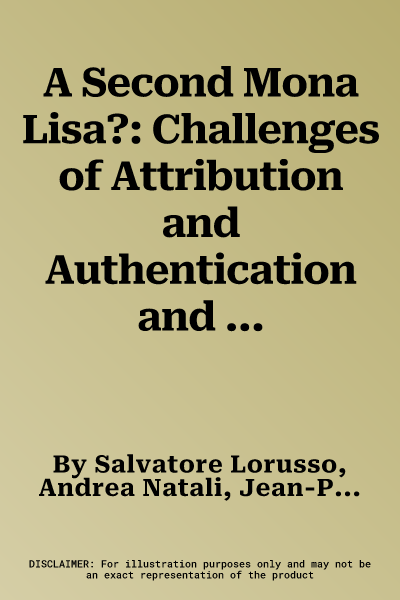The topic of attribution and authentication of art works is a well-known
one and is currently the subject of heated debate. To arrive at a
univocal scientific truth, however, it is necessary to integrate
historical-humanistic and technical-experimental skills with a
subjective and objective evaluation. The first part of the volume deals
with experimentation relating to three valuable artifacts of different
material composition: a painting, a sculpture, a codex. The second part
of the research regards the emblematic case of the Mona Lisa and its
uniqueness. The question connected to this study is: "Is there a second
Mona Lisa?" Is the Isleworth Mona Lisa, also known as the Earlier Mona
Lisa, a second version of the Louvre Mona Lisa painted by the
Renaissance genius Leonardo da Vinci? In order to provide an answer
regarding attribution, a methodological path was applied to the painting
on canvas "Mona Lisa with columns" (St. Petersburg), establishing that
it was a copy, albeit a well-executed one. Numerous versions and copies
of the Mona Lisa were also studied, basing their examination on the
in-depth archival-bibliographic research of the many paintings on the
same subject. The findings highlighted the distinction between two
authentic versions by Leonardo, i.e. the Louvre Mona Lisa and the
Isleworth Mona Lisa and two copies, i.e. the Prado and the Reynolds Mona
Lisas. The latter two, considered to be the most complete and
qualitatively better that many others are, in fact, either copies of
previous Mona Lisas or of the two authentic versions. The final
considerations are dedicated to the chronological sequence of historical
sources, stylistic and aesthetic analyses, artistic techniques and
experimental investigations to prove the authentication of the Isleworth
Mona Lisa by Leonardo.

